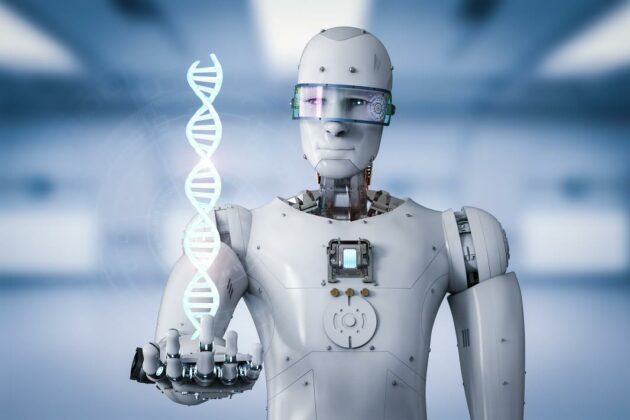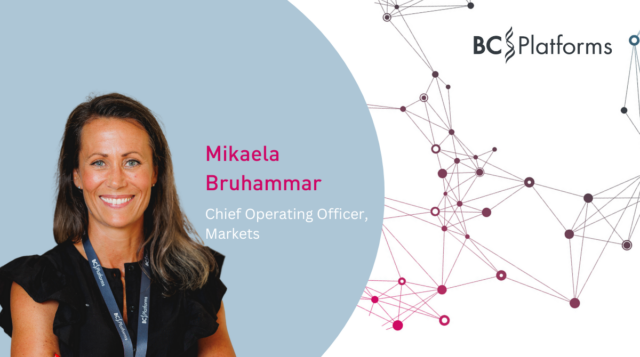
Total number of consented patient records in the BCRQUEST.com network reaches 3.5 million
BC Platforms, a global leader in providing a powerful data and technology platform for personalized healthcare, today announced it has added three new leading biobanks to its Global Data Partner Network, BCRQUEST.com, including Generation Scotland, UK, Bialystok Biobank, Poland, and Biobank Graz Austria. The BCRQUEST.com platform is a streamlined solution for researchers to efficiently access harmonized data while strictly adhering to global and local data privacy and security regulations. The platform and its supporting framework enable collaboration between pharmaceutical institutions, healthcare and academic researchers to generate valuable insights and advance medical research.
The addition of these three new, high quality biobanks brings the BCRQUEST.com network to almost 3.5M consented patient healthcare records from nearly ten countries in North America and Europe. Bialystok Biobank focuses on clinical samples for cancer and specifically on new biomarkers for early diagnosis as well as personalized therapy of cancer based on genetic-molecular disorders. Biobank Graz is one of the biggest biobanks in the world with 20 million tissue, blood and DNA samples from over 1.2 million patients. Generation Scotland is a population-based cohort designed to study the genetic and environmental determinants of health.
Dr. Christian Gülly, COO, Biobank Graz, Medical University of Graz, Austria, commented, “We are excited to be collaborating with BC Platforms to securely share our data for the benefit of patients without compromising any privacy issues. We have been impressed by the BCRQUEST.com platform and its ability to analyze, integrate and share data in a secure manner and in line with the European General Data Protection Regulation (GDPR) to support researchers in developing personalized medicines.”
Tero Silvola, CEO of BC Platforms, said, “We are delighted to collaborate with these prestigious biobanks in order to make their high-quality data available to researchers through BCRQUEST.com. We believe our rapidly growing network provides a unique and invaluable asset for researchers and industry, given our very strong focus on genetic and clinical data. This will progress the development of personalized healthcare for the benefit of patients, healthcare systems and research.”
About Bialystok Biobank
Biobank at Medical University of Bialystok serves as unique entity dedicated to collection of patient’s biological material according to the strict procedures. Biobank MUB cooperates with multiple Clinics that creates a core to build extensive network of high-quality samples and validated data. Global exchange of knowledge with Indivumed GmbH, Indivumed Inc., and BBMRI-ERIC delivers better outcomes through improvements, experience, quality control and assurance. Our team is dedicated to collect specimens meeting the requirements of challenging high-throughput omics studies.
About Biobank Graz Austria
Biobank Graz is one of the biggest biobanks in the world with millions of tissue, blood and DNA samples. Biobank Graz is located at the Medical University of Graz in Austria and stores 20 million samples from around 1.2 million individuals. The biobank has both population-based and disease-focused sample collections. Researchers from around the world can access these samples through research collaborations. The biobank is a publicly-owned non-profit organization. Funding for the biobank comes from the governmental sector and public programs such as Horizon2020.
About Generation Scotland
Generation Scotland is a population and family based cohort designed to study the genetic and environmental determinants of health, currently comprising 24,000 adults in 7,000 family groups. Participants answered detailed questions about their medical history, education, thinking skills, mental health, occupation, lifestyle and habits, gave consent for genetic studies, linkage to their NHS medical records and to recontact them for follow on studies.
The data available includes demographic data, hospital admissions data including ICD codes, prescriptions, routine blood tests, traits measured at baseline, such as blood pressure, BMI and FEV1, and summary genetic data.


